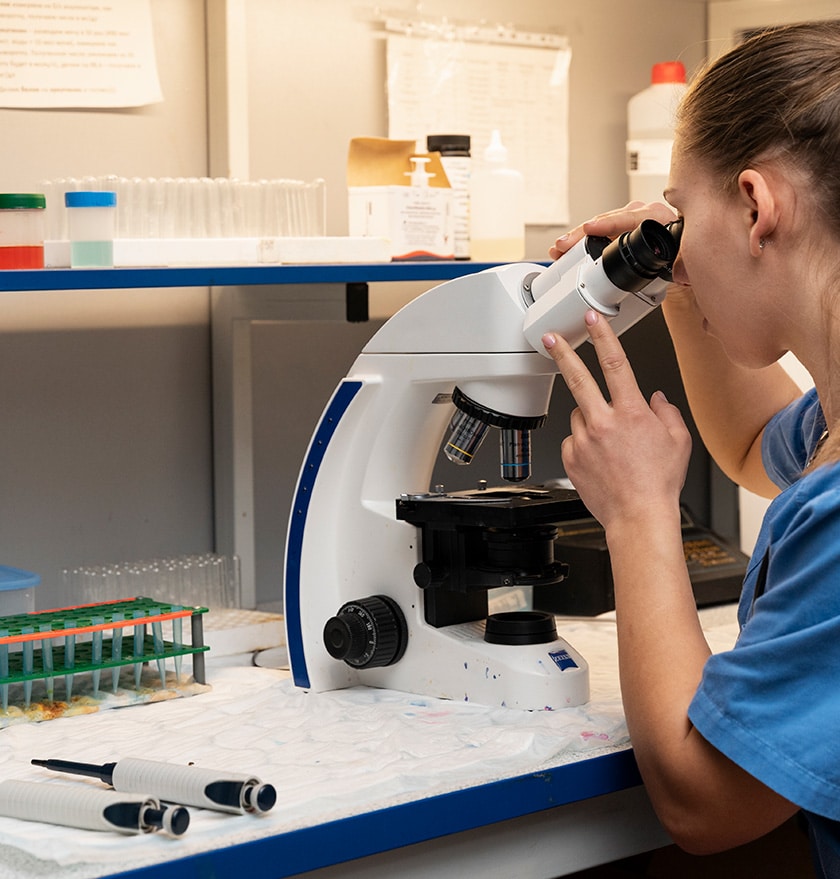Decoding Veterinary Labs for Pet Owners Explained
Decoding Veterinary Labs for Pet Owners Explained
Blog Article
Whether it’s routine blood work or advanced diagnostic panels, veterinary labs deliver the data veterinarians need to make informed decisions.
In this article, we’ll explore what veterinary labs do, what services they offer, how to find one near you, and why choosing the right lab matters.
Let’s start by understanding exactly what a veterinary laboratory is and why it’s essential in modern animal healthcare.
Understanding Veterinary Labs
These labs support veterinarians by providing critical diagnostic insights that can’t be seen during a physical exam alone.
Larger labs may also offer molecular diagnostics, genetic screening, and advanced pathology services.
Regardless of size or setup, these labs play an essential role in helping veterinarians diagnose conditions early, tailor treatments, and monitor recovery effectively.

Understanding Veterinary Lab Diagnostics
Urinalysis and fecal exams help detect infections, parasites, or metabolic issues.
Advanced labs may also provide molecular diagnostics, including PCR testing for specific pathogens or genetic screenings for hereditary conditions.
These tests are essential for early disease detection, accurate diagnosis, and treatment planning.
Locating a Veterinary Laboratory in Your Area
Many vet clinics also have in-house labs for basic tests and refer complex cases to specialized facilities.
Look for labs certified by organizations like the American Association of Veterinary Laboratory Diagnosticians (AAVLD), which ensures high-quality standards.
Choosing the right local lab ensures quick turnaround, reliable results, and peace of mind.

When to Use a 24-Hour Veterinary Lab
Standard labs typically process routine tests during business hours, while 24-hour veterinary labs offer emergency diagnostic services around the clock.
These labs are often linked to emergency veterinary hospitals and specialize in handling critical cases at any time of day or night.
Balancing speed, cost, and specialization ensures your pet gets the right level of diagnostic support when it matters most.
The Importance of Veterinary Lab Testing
While physical exams provide valuable insights, they can’t reveal everything—lab tests uncover hidden conditions, confirm clinical suspicions, and track progress over time.
In chronic cases, regular lab monitoring ensures medications remain effective and side effects are minimized.
This partnership between lab, vet, and pet owner is what keeps animals healthy and thriving.
Final Thoughts on Veterinary Diagnostics
In today’s world, ensuring your pet descubra como fazer receives visite o link top-quality laboratório veterinário são josé care means partnering with the right veterinary laboratory.
By understanding the range of services veterinary labs offer, knowing when to seek 24-hour support, and learning how to find reputable labs near you, you empower yourself to make the best choices for your animal companion.
With the right partnerships in place, you’re giving your pet the best possible chance at a happy, healthy life.
Common Questions About Veterinary Labs
What is a veterinary diagnostic lab?
These labs support veterinarians by providing accurate, fast diagnostic information essential for proper care.
How do I find a veterinary lab near me?
You can also search online directories or check with veterinary associations to find accredited labs in your area.
What emergencies require urgent lab testing?
If your pet experiences sudden, severe symptoms—such as collapse, poisoning, or acute injury—a 24-hour veterinary lab can provide rapid diagnostics to support emergency treatment.
What types of tests are done in veterinary labs?
These tests help detect infections, organ issues, cancers, and metabolic diseases.
How much do veterinary lab tests cost?
Your veterinarian can provide estimates and help prioritize necessary diagnostics.
Report this page